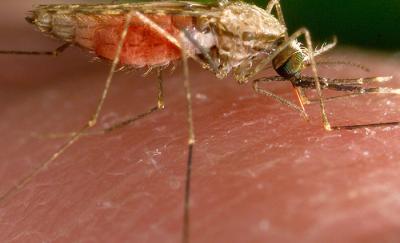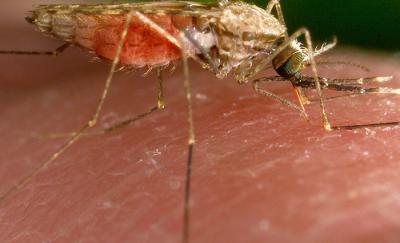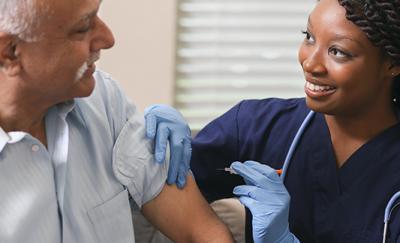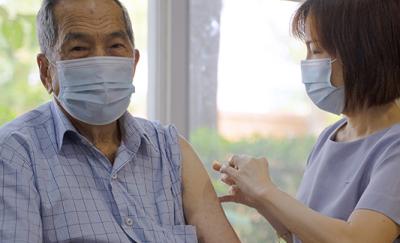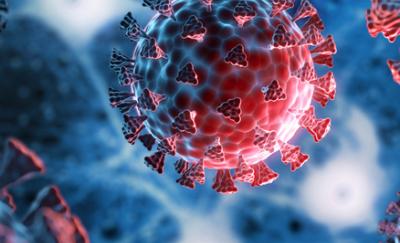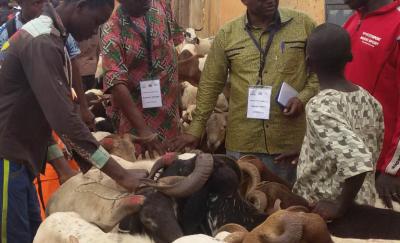Understanding the intricate dynamics of pathogens and vectors is crucial to furthering effective disease research. Infectious and vector-borne diseases like COVID-19, influenza, malaria, dengue, tuberculosis, and HIV present daily challenges to health systems and community resilience around the world. Abt Global counters these threats to our shared global health security through evidence-based prevention and containment, groundbreaking disease detection and surveillance, and total health-system surge and recovery response stewarded by local government and community leaders. Through a One Health approach, we aim to help our partners build resilient, secure, and sustainable health systems that will allow their communities to thrive for generations.
Expertise
- Infectious and Vector-Borne Disease Surveillance
- Entomological Monitoring
- Epidemiology
- Strategic Crisis Communications
- Research on Vaccine Effectiveness
- HIV Prevention, Testing, Care, and Treatment
Clients Include
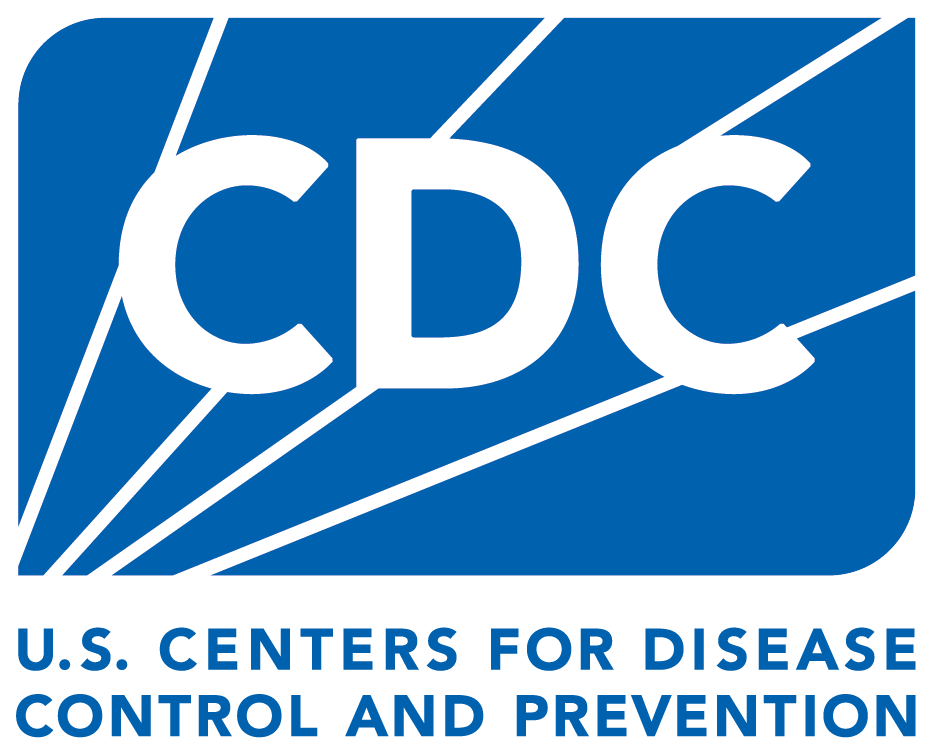
U.S. Centers for Disease Control and Prevention
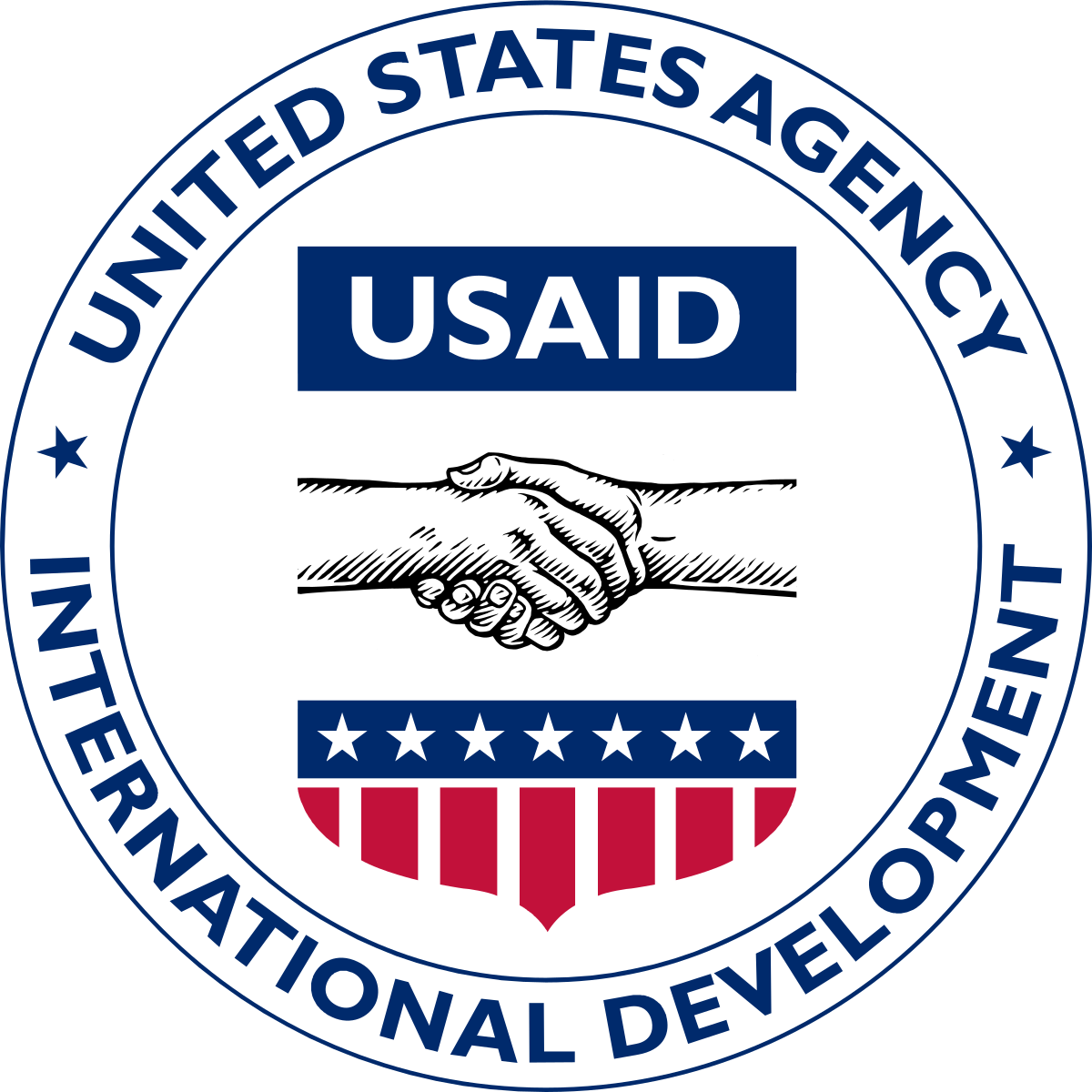
United States Agency for International Development
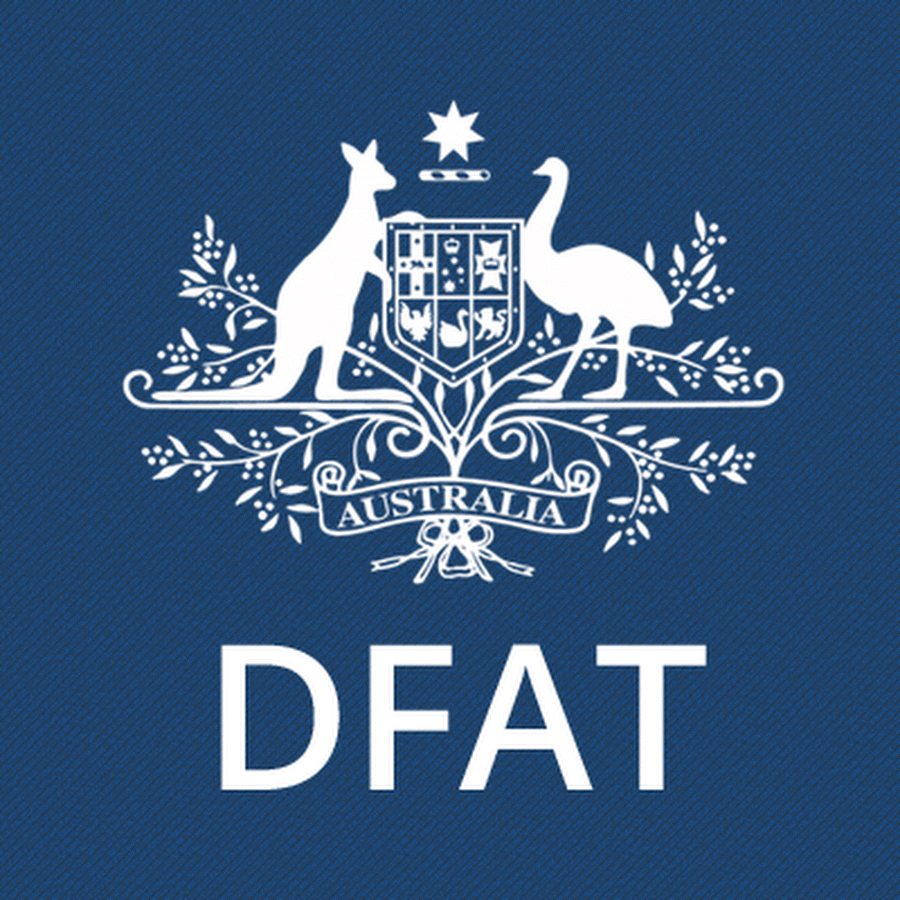
Australian Government Department of Foreign Affairs and Trade (DFAT)
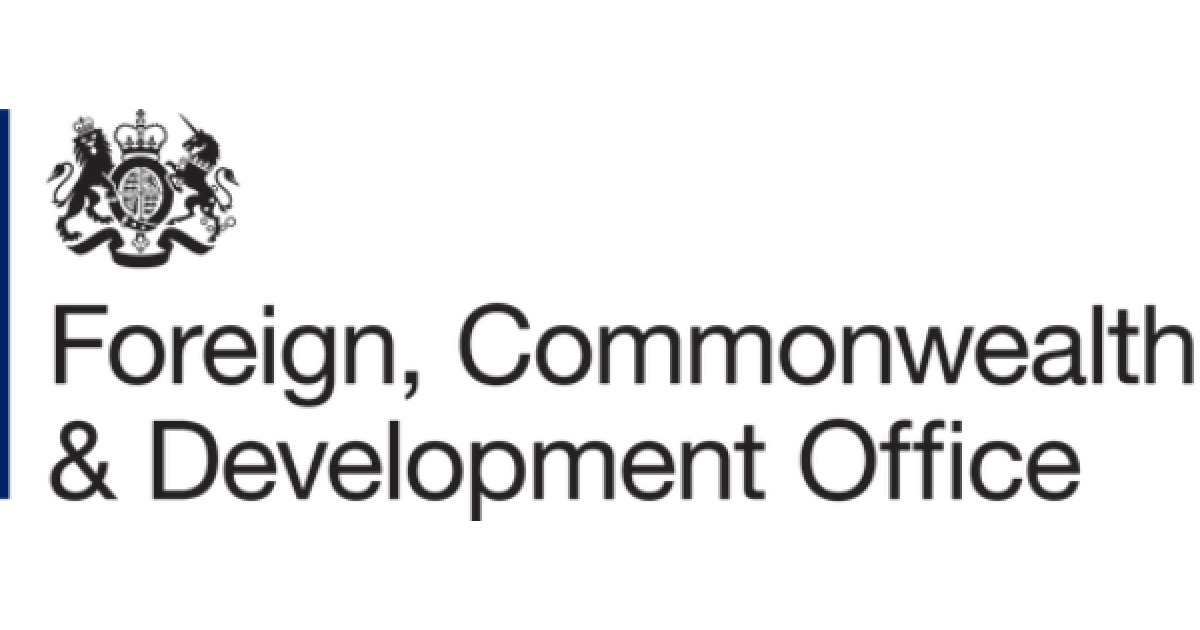
UK Foreign, Commonwealth & Development Office











